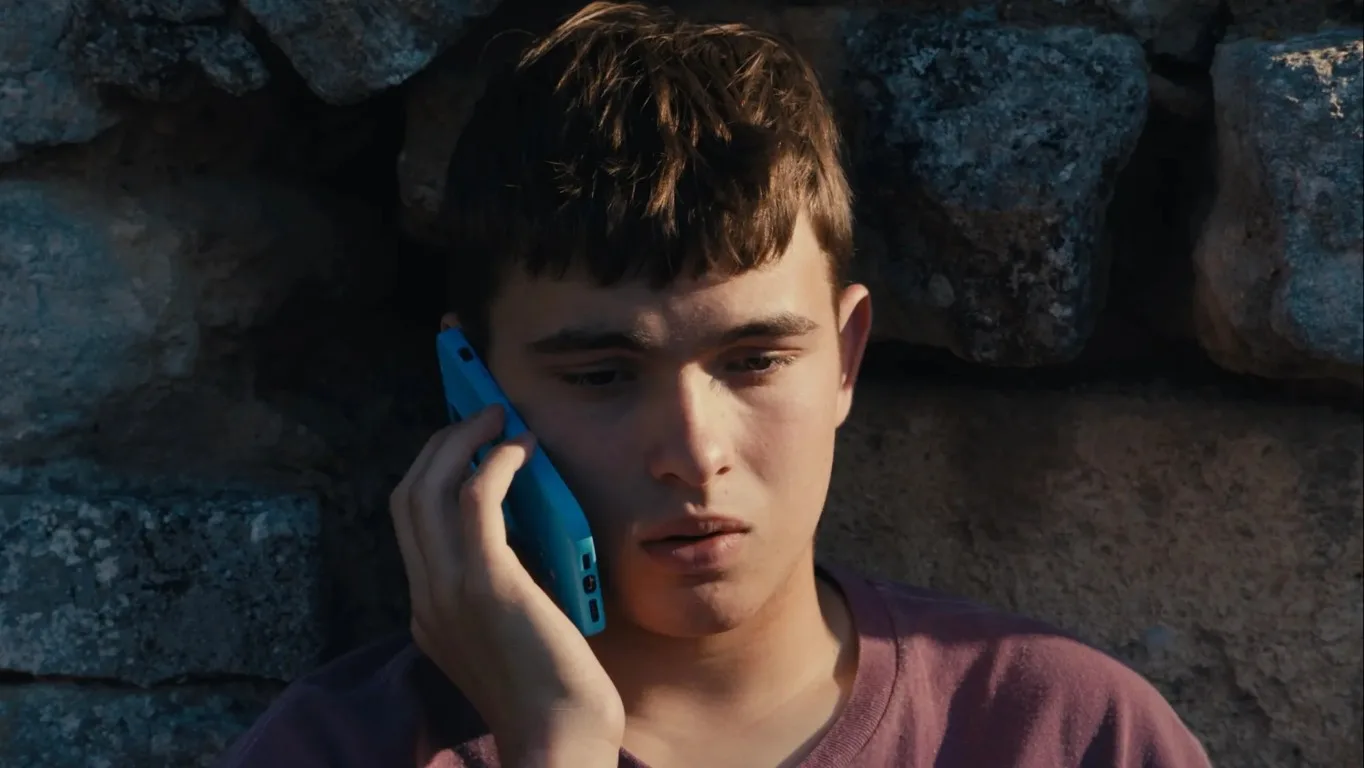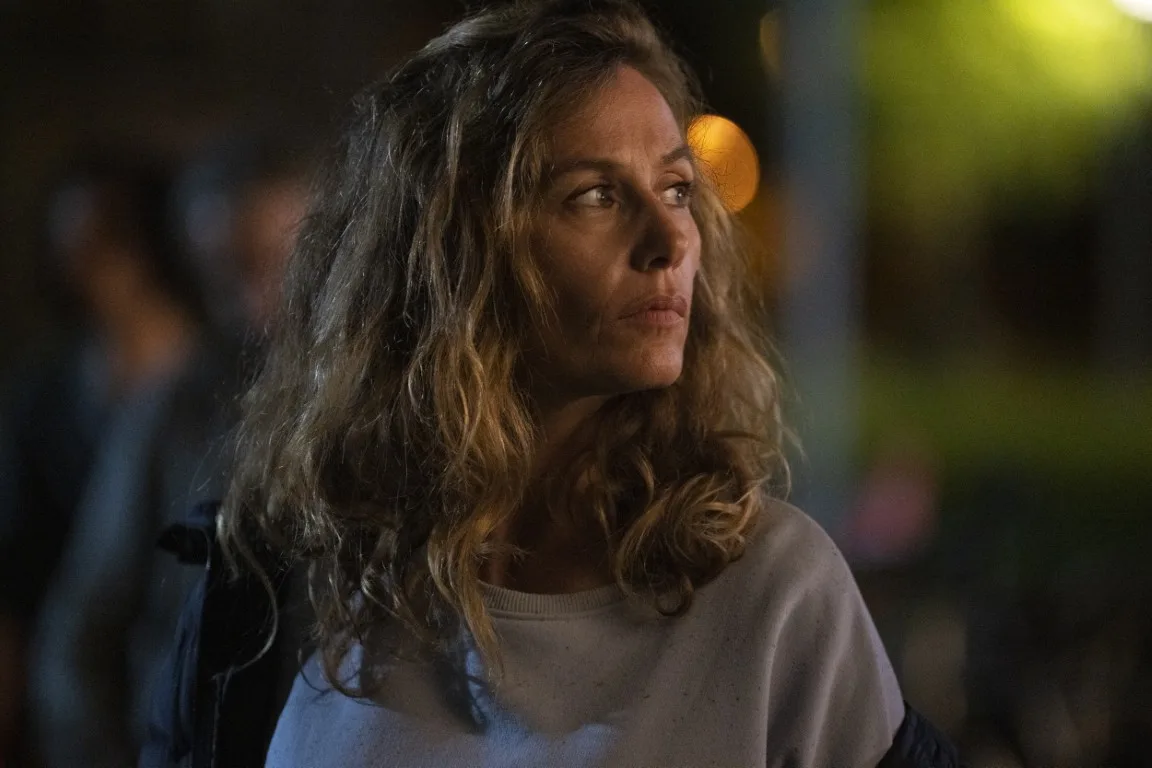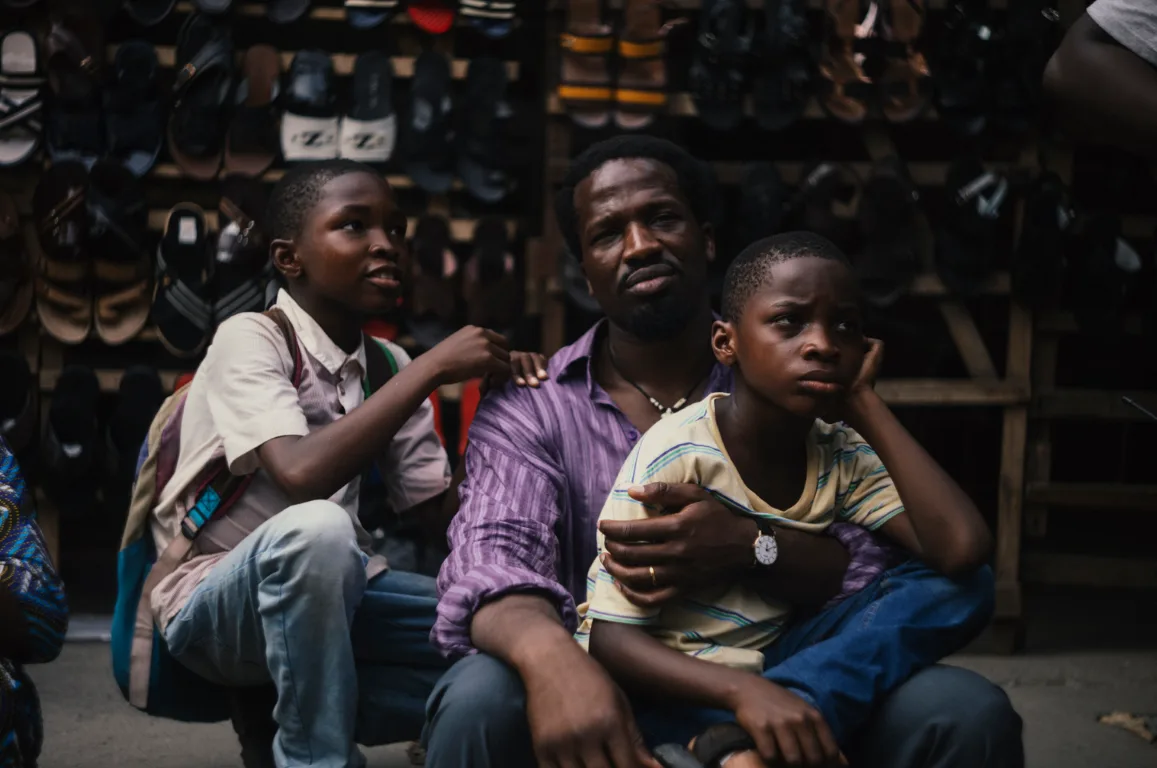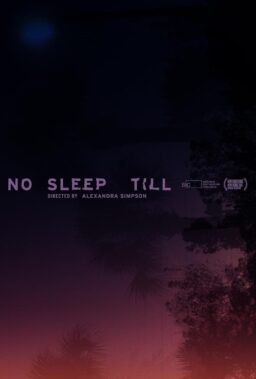Normally, for these dispatches, we try to pair films within their respective sections. But Cannes is such a massive undertaking that it feels more apropos to jump from section to section in the same way many critics do. As such, this dispatch includes a selection from Un Certain Regard, Directors’ Fortnight, and Midnight—all about losses of some kind.
A thousand hopes reside in “My Father’s Shadow,” the crushingly personal semi-autobiographical film by director Akinola Davies set in 1993 Nigeria. In the first film from Nigeria to premiere at Cannes in Un Certain Regard, the first hope that springs is the most potent: brothers Akin (Godwin Egbo) and Remi (Chibuike Marlevous Egbo) haven’t seen their father Fola (an otherworldly Sope Dirisu) in so long they practically wish for his presence. And on the power of a strong breeze, he appears with plans to go to Lagos to reclaim six months’ worth of back pay. He and his sons depart from their village for a trip to the big city, leaving their mother to await their return. What’s meant to be a quick jaunt soon becomes a daylong ordeal that’ll see the breakdown of their bus, the disappearance of Fola’s supervisor, and harrowing signs pointing to national discontent. There’ll also be openhearted appeals between a remorseful father and his scorned sons.
This is a beautifully rendered film about the kind of loss that permanently rips you apart. Set during the election between MKO Abiola and Bashir Tofa—whose result caused outbreaks of violence across the nation—we witness these characters losing their country. In the accumulation of places Fola and his sons visit: a tasty restaurant, a disused amusement park, and a quiet beach, which all have personal resonance for Fola. Blending the film’s magical realism with this family’s Christian beliefs also unmoors us, both sonically and aesthetically. We are caught in an ”other” time: textured film and televised archival footage fracture the sense of place, while the images of textured sand and bare hands touching simultaneously ground us. We are further ejected from this time by an enrapturing score that oscillates between ethereal highs and moody lows.
However, the biggest loss and most seismic rupture of time are the fleeting moments of honesty shared between a parent and their children. Because in “My Father’s Shadow” are permanent hurts fueling evocative, raw scenes that become burned in one’s brain. There’s the beach sequence where Dirisu as Fola appears to lie down in the space between acting and believing as he teaches one of his sons to swim. There’s also a moment in the amusement park where a merry-go-round inspires freedom and relaxation. They all seem to stretch on forever, but not long enough. This film implicitly understands the hurt of realizing far too late that your parents are your friends. It wraps the sting of reliving the thought of “what if” by crafting a potent sound design and a rapturous edit that provides a backbone to the colorful frames that seem to match the patina of a dream. “Everything is a sacrifice. You just have to pray you don’t sacrifice the wrong thing,” says Fola.
The dark passages and bright moments in “My Father’s Shadow” epitomize the steep price that’s paid when you’ve sacrificed too many days for far too long. It’s somehow a masterwork by a first-time director whose crafting of an epic scope and sense of tender intimacy makes for another new peak for African cinema.

On a sweltering building site in France, a 16-year-old Enzo (Eloy Pohu) mindlessly toils. Aloof and unconcerned, he makes a bevy of mistakes that his friend Vlad (a soulful Maksym Slivinskyi) thanklessly fixes. Robin Campillo’s “Enzo” begins as a kind of upside-down turn on Ken Loach’s “Riff-Raff,” a film similarly about class and set on a building site. But instead of looking up from the view of the lower class, it’s done from the perspective of an unruly dilettante. Because Enzo isn’t really an incompetent laborer. He’s a high school dropout who’s the son of a wealthy engineer and a professor. He’s taken up this difficult trade to presumably live a salt of the earth life, only to go home at the end of the day to swim in his family’s private pool.
The measured malaise at the heart of the opener for Directors’ Fortnight isn’t really akin to Campillo’s big, wrenching “BPM (Beats Per Minute).” This enigmatic script was written by writer/director Laurent Cantent prior to his death and follows his previous thematic interest in vexed young men. For much of its time, the film keeps us at arm’s length, mostly because Enzo is such a moody loner. He only really communicates with his mother (Élodie Bouchez) and is mostly adversarial against his gentle father (Pierfrancesco Favino). He also shakes in the shadow of his scholastically successful brother (Nathan Japy). Instead, Enzo claims that he feels far more at home on building sites—despite not being very good at his trade—hanging out with the likes of Ukrainian brothers Vlad and Miroslav (Vladislave Holyk).
It’s Vlad whom Enzo most admires as more than a mentor. At times, “Enzo” feels like it’ll become “Call Me By Your Name.” But amid the rolling French hills and the picturesque glow of the sun, it surprisingly doesn’t fully embrace that comparison. Instead, the film tries to become something more slippery and slightly revealing about class, a theme it doesn’t necessarily land, especially as the script attempts to clumsily loop in the war in Ukraine. In that regard, Enzo is an unlikable character, but not in the way the film intends. This is a confused teenager, granted a grace note that both feels unearned and reinstills the lower class as the balming servants to the upper.

In the soft sci-fi dystopian thriller “Dalloway,” which premiered in the Midnight section, Clarissa (a committed Cécile de France) is a creatively blocked writer working on a book about Virginia Woolf at an AI-powered artist residence. There, her AI, called Dalloway, not only powers the apartment that the organization provides her. But also offers suggestions. In this high-tech environment, it doesn’t take long for Clarissa to realize that Woolf’s life isn’t really inspiring her. Instead, she reaches into painful memories of her son’s suicide to conjure arresting prose.
It takes Yann Gozlan’s film equally as long to develop, lurching forward in fits and starts to first be about Clarissa’s personal loss and Woolf’s difficult life. But the film has little to say about either subject. Nor does it delve into its not-too-distant future (or present) setting of a debilitating pandemic and an overwhelming heat wave causing masking, testing, and curfews. Instead, when Clarissa meets a suspicious fellow resident named Matias (Lars Mikkelsen), who warns her they’re being watched, recorded, and creatively absorbed by their AI counterparts, the film aims to make a statement about today’s devaluing of creatives and their artistry.
“Dalloway” has all the twists and turns of a tattered dime-store novel without the intrigue. I hate to say this could’ve been written by AI—it’s such a cliche critique—but ironically this could have. The dialogue is often hackneyed, providing few revealing insights into Clarissa as a character or the world she inhabits. The villainous tech group, known as CASA, behind the AI, remains underwritten and mostly obscured, depriving the film of any notable tension. This is also another futuristic narrative where the look of the architecture and furniture amounts to minimalist grey drivel.
Nothing new or exciting happens in “Dalloway.” It’s a film that plays like a collage of several headlines from the past year. Everything from the strikes in Hollywood to the rise of ChatGPT writing term papers is done to comment on whether creatives will exist in the future or if machines will replace them. There’s a kernel of something in exploring that fear. But “Dalloway” is so consumed by hitting standard genre beats that it forgets to forge anything resembling an emotional core. Instead, it’s as disposable as any machine.












